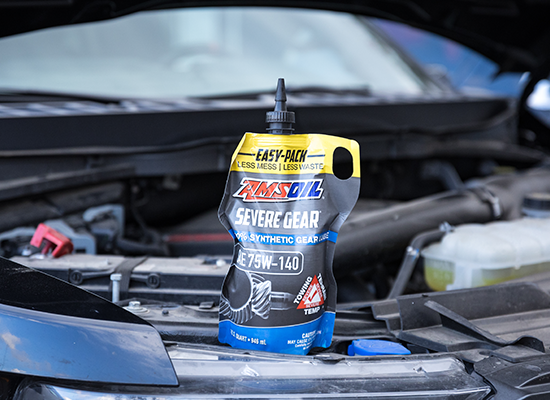Improve fuel consumption remains a top priority for most car manufacturers. Fuel Consumption (ENV01) requirements are there to meet, while drivers are hit by the biggest petrol price rise for 18 years. The price of oil passed the $80 (£60) a barrel mark in May 2018 but later fell back and is about $75 currently.
One strategy car manufacturers are using is widespread use of fully synthetic oils. How do fully synthetic oils improve fuel consumption compared to conventional oils?
Reducing viscosity improves fuel consumption
At one time, most passenger cars/light trucks used 10W-40 car engine oil. Then it was 5W-30. Today, many vehicles call for 5W-20 and 0W-20 oils. As a signal of things to come, the 2018 Toyota Camry calls for 0W-16 oil.
The lower the oil’s viscosity – defined as its resistance to flow – the more readily it flows. Imagine a jar of honey and a glass of water. Stirring water with a spoon requires less energy than stirring honey. The same principle applies to your engine and car engine oil.
Lower-viscosity oils are easier to pump through the engine and offer reduced resistance to moving engine parts, improving fuel consumption.
Why do fully synthetic oils offer an advantage in reducing car engine oil viscosity?
Formulating a 0W-XX car engine oil using only conventional base oils is extremely difficult, if not impossible. Formulators can achieve the 0W rating, but the oil will vaporize more readily at higher temperatures. It’ll also fail other required industry tests. Simply put, formulating lubricants is a give and take, and conventional base oils don’t provide near the performance as fully synthetic oils. This requires formulators to give up too much required performance in one area to gain it in another.
Better cold-flow ability
Fully synthetic oils improved flow during cold temperature starts also improves fuel consumption. Since they don’t contain waxes, which are inherent to conventional oils, they don’t thicken as much when your vehicle sits overnight. In the morning, when you start your vehicle and drive away, the car engine oil and gear oil don’t require as much effort to circulate. This results in less wasted energy and improved fuel consumption.
It’s important to note that “cold” doesn’t only apply to the mountainous and northerly parts of Britain. “Normal” operating temperature for a vehicle can be up to 112ºC. Anything below that is considered “cold” to your engine. So even down south at the height of summer, fully synthetic oils improved cold-flow can still help improve fuel consumption.
Why pay more for petrol? Switch to fully synthetic oils to maximize your Miles Per Litre.







